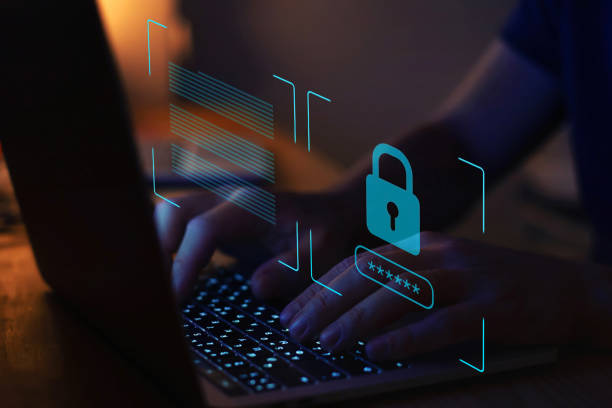By appointment only. Please send us an email or call us to schedule your appointment.
Notice: Temporary Closure
AM Computers will be closed from June 30 through July 23. We will resume normal business operations on Thursday, July 24. During this time, we will not be available to respond to phone calls, emails, or service requests. We appreciate your patience and look forward to assisting you when we return. For any non-urgent inquiries, feel free to email us at [email protected], and we will respond after July 24.
– Thank you for your understanding,
The AM Computers Team
Stay Safe and Secure Online: Essential Tips and Tricks

- January 23, 2023
-
amcomputersny
- Uncategorized
- No Comments
Staying safe and secure online is essential in today’s digital age. With so much of our personal and professional lives taking place online, it’s important to take the necessary precautions to protect ourselves from cyber threats. Here are some of the best ways to stay safe and secure online:
- Use strong and unique passwords: One of the simplest ways to protect yourself online is by using strong and unique passwords for each of your online accounts. A strong password should include a mix of uppercase and lowercase letters, numbers, and special characters. Avoid using easily guessable information such as your name, birthdate, or address.
- Keep your computer and software up-to-date: Software updates often include security patches that protect your computer from known vulnerabilities. Make sure to keep your operating system and all other software, such as browsers and antivirus programs, up-to-date.
- Be cautious of email and social media scams: Scammers often use email and social media to trick people into giving them sensitive information or money. Be wary of emails or messages that ask for personal information or that contain links to suspicious websites.
- Use a virtual private network (VPN): A VPN encrypts your internet connection, making it more difficult for hackers to intercept your data. This is especially important when using public Wi-Fi networks.
- Back up your data: Regularly backing up your data is essential in case your computer is lost, stolen, or infected with malware. This way, you can restore your data and avoid losing important files.
- Use anti-virus software: Having anti-virus software installed on your computer is a must. This software will scan your computer for malware and remove any threats it finds.
- Be smart about public Wi-Fi: Public Wi-Fi is convenient, but it can also be a breeding ground for hackers. When using public Wi-Fi, avoid accessing sensitive information such as online banking or credit card information.
- Be aware of phishing attempts: Phishing is a tactic used by cybercriminals to trick people into giving away sensitive information. Be wary of emails or messages that look suspicious, and never click on a link or provide personal information unless you are certain it is legitimate.
By following these tips, you can help protect yourself and your information online. Remember to always be vigilant, and if you suspect that you have fallen victim to a cyber-attack, contact the appropriate authorities immediately.
Leave a Comment cancel
AM COMPUTERS
3 Neptune Road
STE A18A
Poughkeepsie, NY 12601
Tel. (845) 462-2060
CONTACT US
© 2025 AM Computers llc

